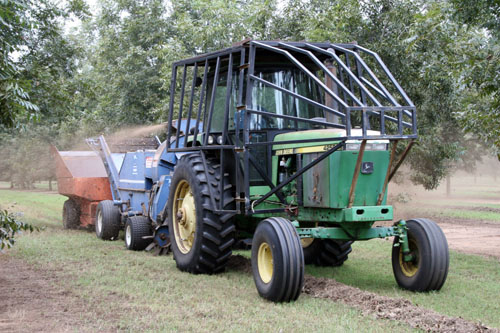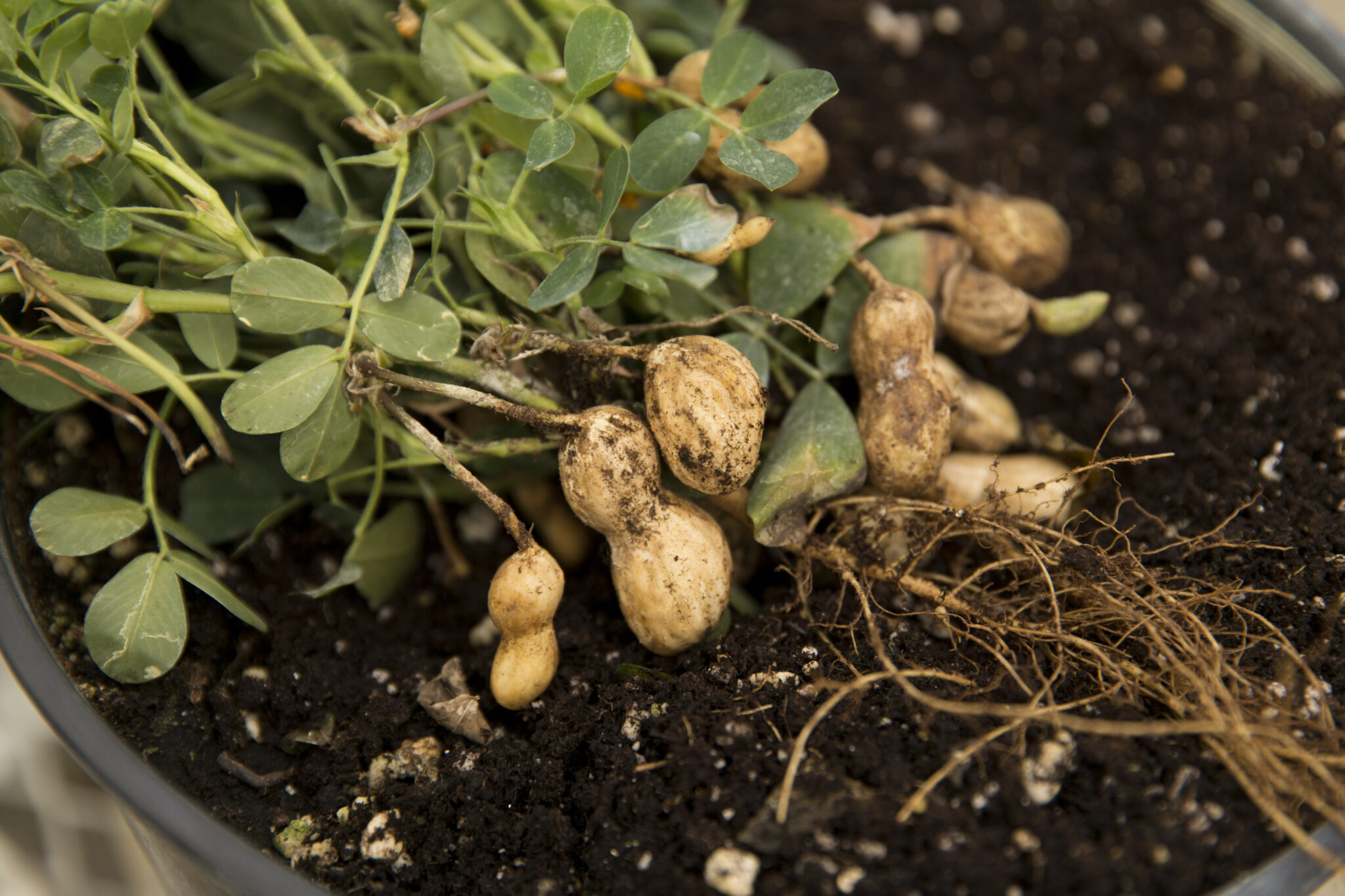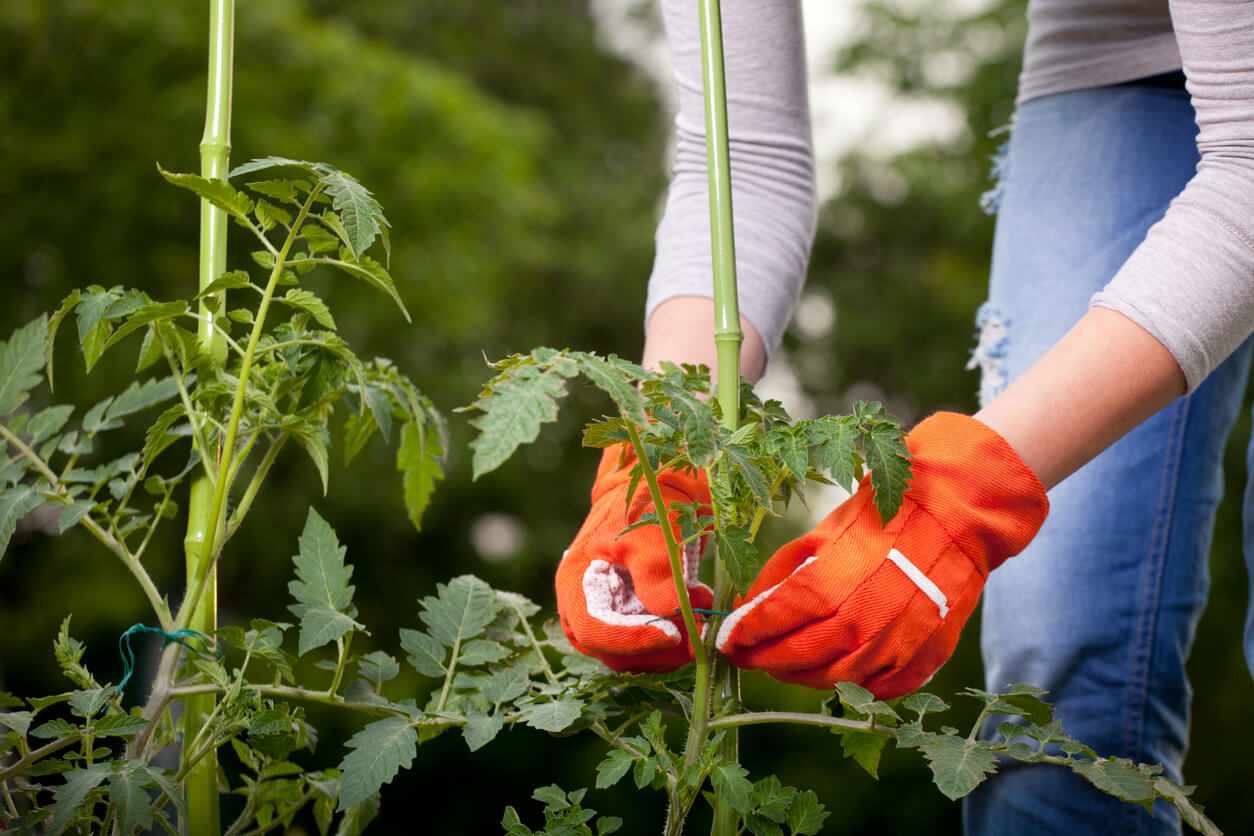A pecan-loving disease enjoyed Georgia’s wet summer weather and is now blamed for cutting what was expected to be a large crop, says a University of Georgia pecan specialist. But farmers still expect to have an “on” year.
“We had a good crop set early in the year, but we’re seeing some loses to disease now,” said Lenny Wells, a UGA Cooperative Extension pecan horticulturist.
Pecan trees are alternate-bearing, meaning they produce a full crop every other year. Most trees in the state are on the same cycle, and this is an "on" year for Georgia pecans. Farmers expect to harvest 90 million pounds, 20 million pounds less than predicted earlier in the season. The state record is 150 million pounds, set in both 1993 and 2007.
Georgia leads the nation in pecan production. Farmers in southwest Georgia, the hub of production, began harvesting early-maturing varieties last week.
They are running into the aftermath of a disease called scab, the pecan’s No. 1 enemy. The fungal disease scars husks, cuts yields and hurts quality. It thrives in wet summer weather like Georgia experienced this year.
“We’re expecting a good crop, but not what we could have had if you consider the scab problems, especially on our more susceptible varieties,” said Bill McWilliams, a pecan farmer in Crisp County. “Any time you have a wet summer like we’ve had, you will end up with pecan scab.”
Roughly half of Georgia’s 120,000 acres of commercial orchards are planted in scab-susceptible varieties, like Desirable, Schley and Pawnee, Wells said. Some farmers sprayed as much as 15 times, or once every 10 days, to keep the disease at bay. They still had trouble staying ahead of it. One spray can cost $10 to $14 per acre.
Farmers are getting good prices, around $2 per pound, now for early-maturing varieties, Wells said. Consumer demand for pecans has grown, due in large part to the industry’s strong marketing campaign in recent years.
A boost in the pecan market has also come from China’s new-found taste for the nut. U.S. pecan exports have skyrocketed to the Asian country in the past four years and are expected to climb higher. According to the U.S. Department of Agriculture, China imported 2.2 million pounds of U.S. pecans in 2002. Last year, they imported almost 44 million pounds.
“With these numbers expected to increase, the Chinese market for pecans takes enormous pressure off the domestic demand for pecans, allowing prices to stabilize somewhat, which is good for the grower, shellers and consumer,” Wells said.
The U.S. is expected to produce between 300 million pounds and 328 million pounds of pecans this year. Harvest will run through Christmas.







